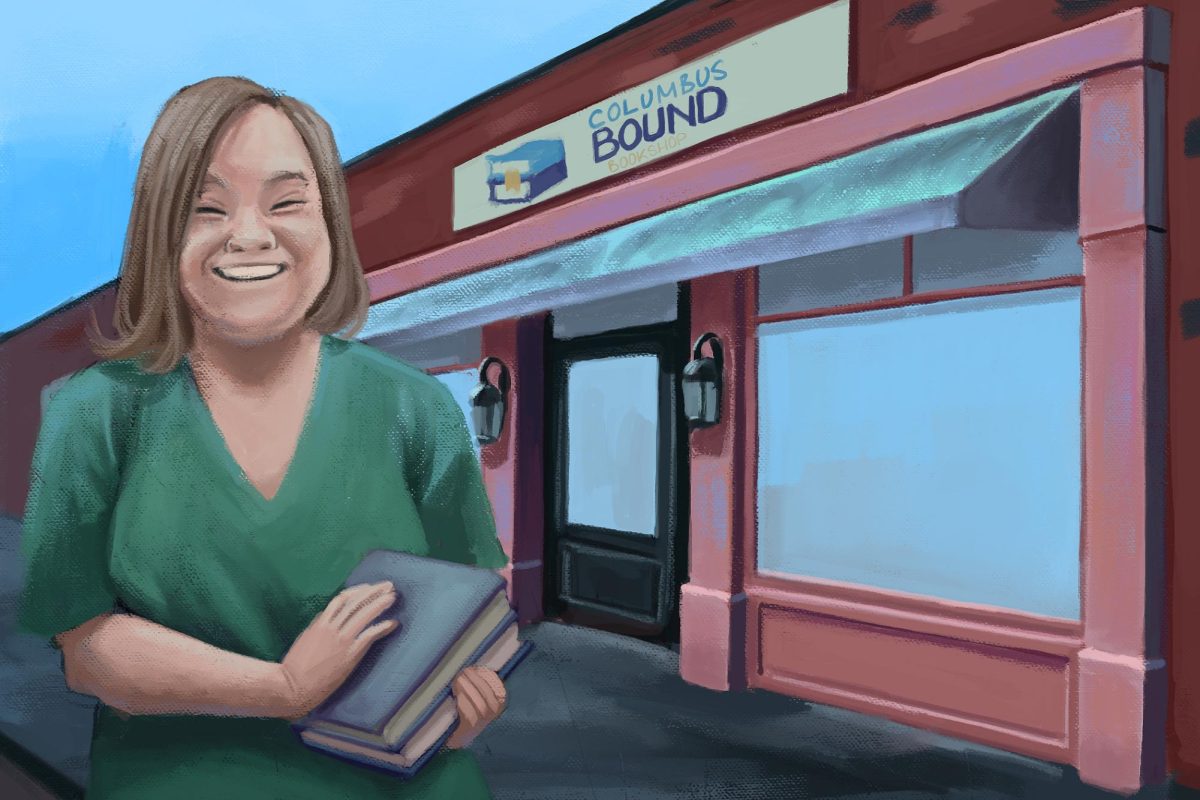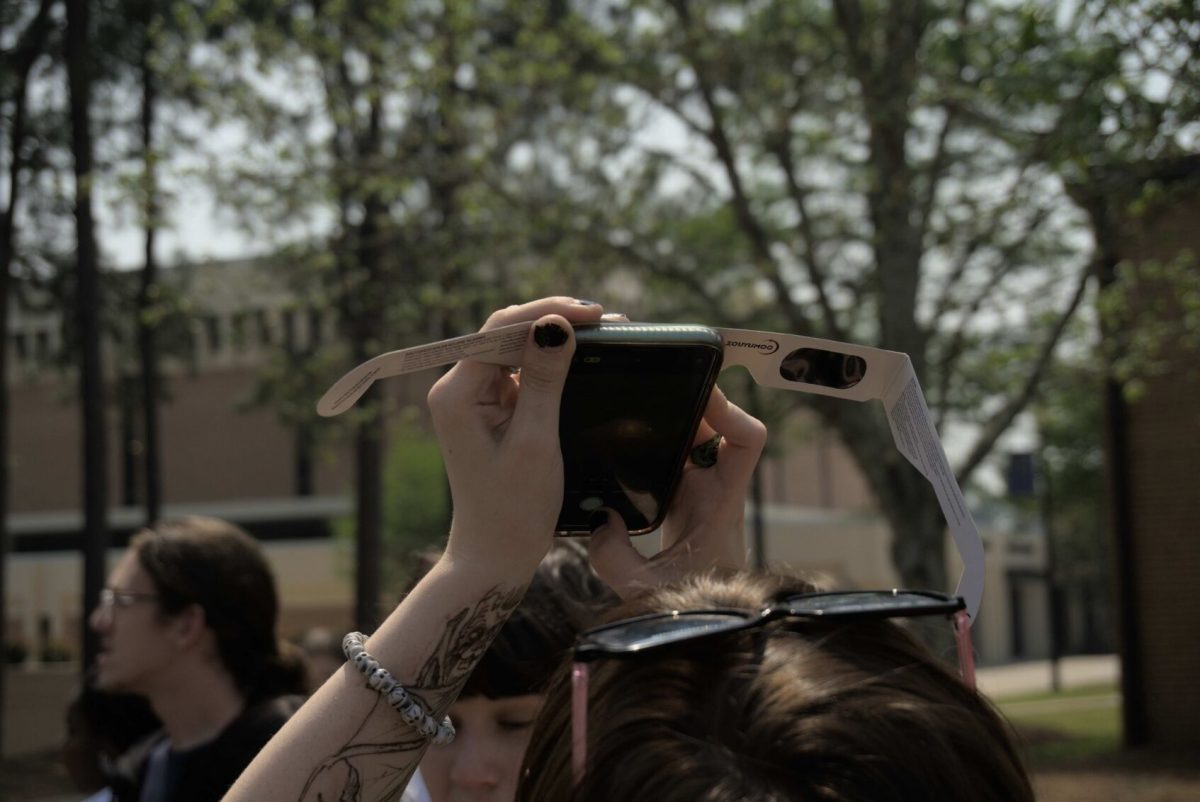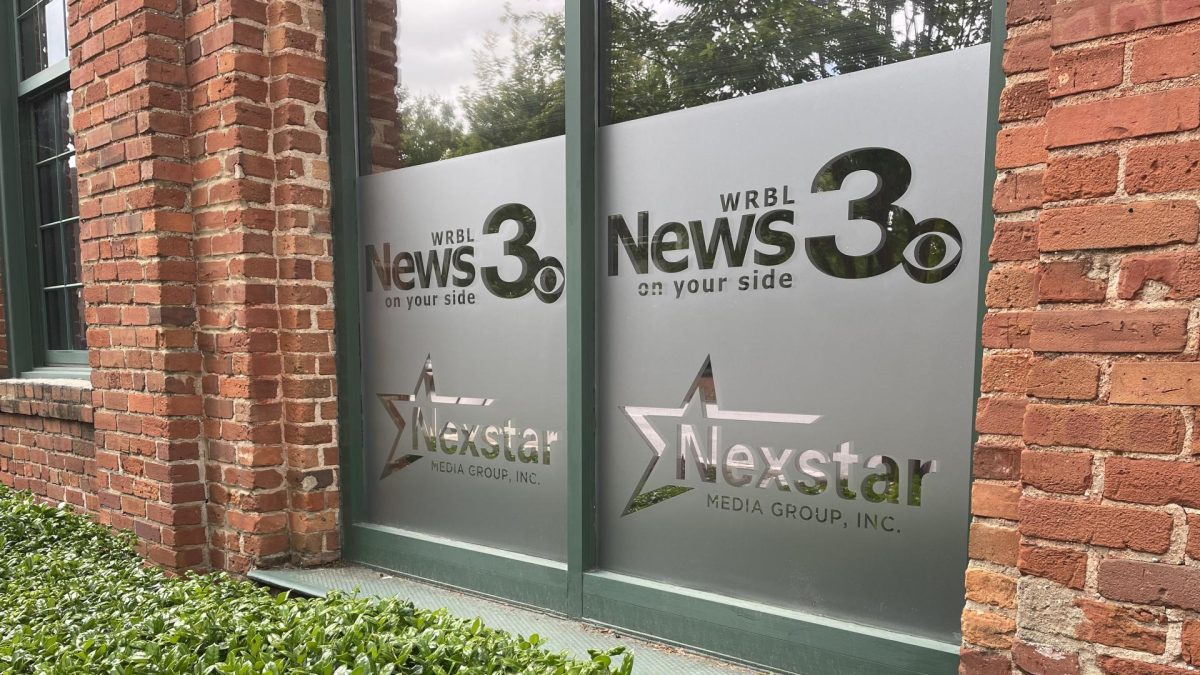Heard of METRA? It’s the public bus system in Columbus, and last month it debuted some long-awaited service improvements to encourage more students and citizens to consider taking a ride.
Before, METRA operated 16 buses on 9 routes in the Columbus and Fort Benning area. Hours of operation were Monday through Friday from 4:30 a.m. until 8:30 p.m., with discounted prices for students, seniors, and disabled citizens. But that’s all chaning, says Rosa Evans, newly appointed Director of Transportation for METRA.
Evans, who has been with METRA for almost 30 years, expressed that changes were prompted by community demand. “The city conducted a study to see what people wanted to change about the bus system, so we got some statistics and went to work,” she said. “They needed shorter wait times at the bus stops, new routes to places where the buses didn’t go, and they needed the buses to be available at night.”
The number of routes has leapt from nine to 12, with hourly service that runs until 11:30 p.m. With the addition of several new hybrid-electric vehicles in the fleet, updated bus routes that take patrons all over the city, and extended hours of operation, METRA is starting to look like a metropolitan city transit system. “We are very excited to get things moving,” said Evans, “This should really benefit the loyal patrons who use our services daily, and bring a lot of new people in as well.”
In celebration of the changes, METRA held a soft launch of the new transit system on Oct. 22, offering free rides to passengers all day. “We want[ed] the people to have an opportunity to get used to the modifications, and we also wanted to welcome newcomers to try the new buses and routes free of charge,” Evans also expressed hopes that the allure of free transportation would attract a newer audience, like Columbus State University students.

With a valid student ID, students can purchase a one-way METRA pass for $1.00 or a monthly Swipe Card allowing unlimited rides for $23.00.
Despite these new changes, CSU students who were asked about using public transportation were quick to express their wariness. In a poll taken on CSU’s main campus and Riverpark campus, students were asked to rate the METRA buses by dirtiness and dangerousness on a scale from one to ten; they were then asked if they had ever even ridden a METRA bus.
Out of 43 students surveyed, only eight had ever ridden the bus, but those eight students were far less likely to rate the system as dirty or dangerous. In other words, many students seem to have negative thoughts about the bus system even though they have never ridden it,
“My car broke down, and I had to rely on the bus to get to and from work and school for 3 months,” said junior Joshua Collins. “Once I figured out my routes, which was easy, I actually ended up saving money with the student month-long pass.” Collins explained that students are probably biased because of what they see on television. “You’re just interacting with regular people who don’t have cars,” Collins added. “You sit next to people in a restaurant right? Why is that any different?”
Students seeking to use METRA can view its numbered and color-coordinated bus routes, city parking maps and other information on METRA’s website: www.columbusga.org/Metra. The website also offers two services that many people may not know about: the rental service of a green trolley bus and a free guided tour of the “Freedom Express,” a Rosa Parks bus museum where you can “witness public transit desegregation.”
The green replica 1948 GMC comes complete with Rosa Parks and James Blake, the bus driver from the Rosa Parks incident, as mannequins, which converse with one another at the press of a button. The bus was restored by Gurvish Walker and the METRA repair shop with the help of city funding and a federal grant. “The desegregation of public transportation is an important part of the bus system’s history,” said Evans of the Freedom Express. “We are so fortunate to have this unique attraction.”
For more information, contact METRA at 706-225-4673.








